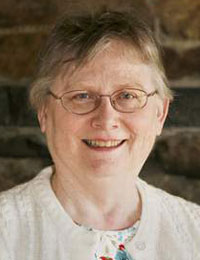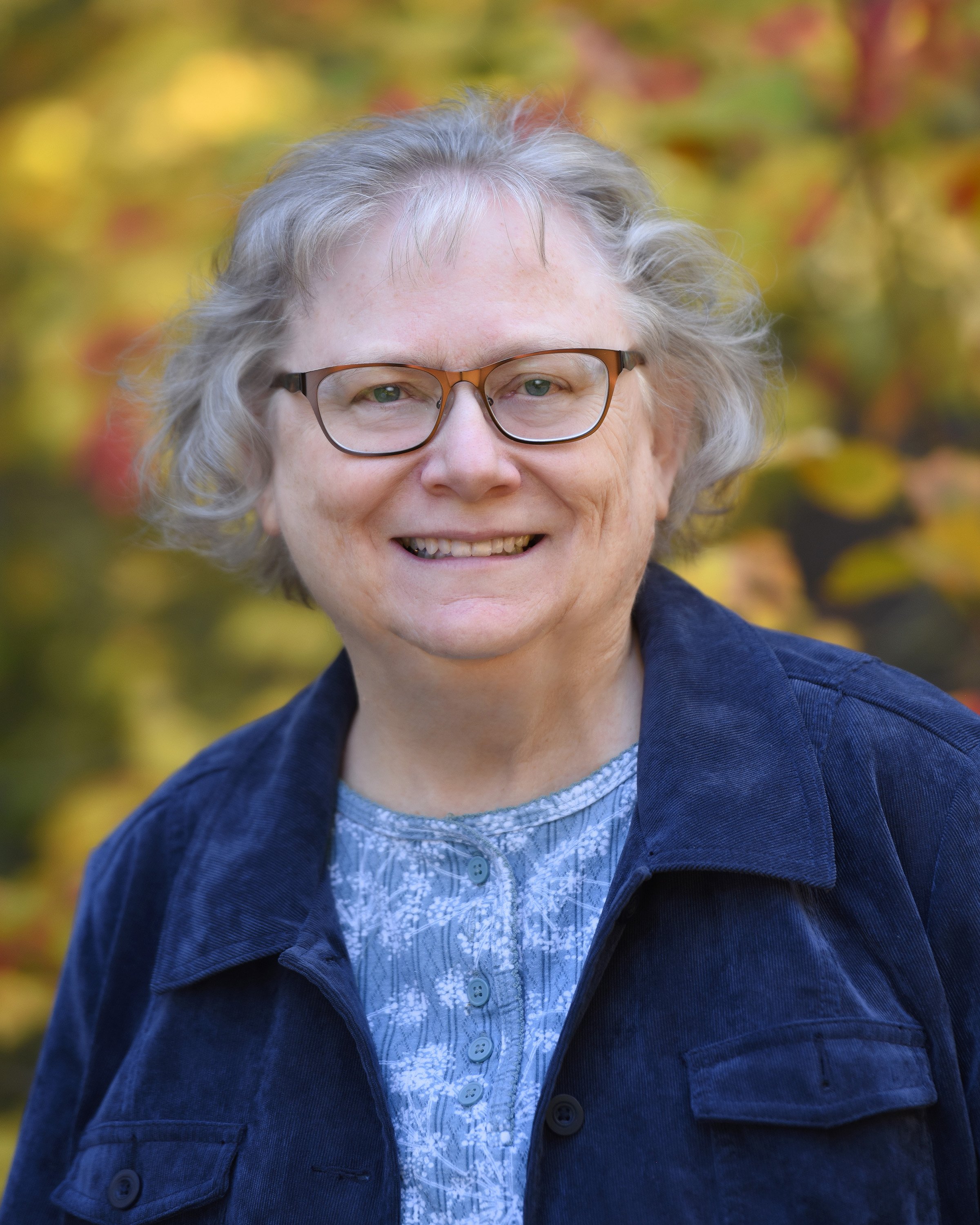 Genealogists can learn from Fantasy Football. The focus with which some people research yards per game or number of completed passes is the same that every genealogist should put into learning about the “team” of authors upon whom they are basing their own work. Is your team reliable in the “red zone”?
Genealogists can learn from Fantasy Football. The focus with which some people research yards per game or number of completed passes is the same that every genealogist should put into learning about the “team” of authors upon whom they are basing their own work. Is your team reliable in the “red zone”?
Fortunately, today we have pretty nearly full access to thousands of book reviews online. The category for “Journals and Periodicals” on AmericanAncestors lists thirty serial works, including The New England Historical and Genealogical Register, The New York Genealogical and Biographical Record, The American Genealogist, The Maine Genealogist, Connecticut Nutmegger, Mayflower Descendant, and Rhode Island Roots, all of which can be searched in one swoop. In addition, the National Genealogical Society also provides access for their members to National Genealogical Society Quarterly. Together these works contain reviews of genealogies published since 1845!
While some book “reviews” are just notices that something has been published, there can be a lot of useful meat when you find a review that critically examines the work. Take, for example, my first book review, which appeared in The American Genealogist and was written by editor David L. Greene.[1] David said some nice things like “Whenever Ms. Williams bases a discussion upon her own research into primary sources, the result is excellent…”
Every issue of every genealogical periodical contains notes correcting, expanding, and/or disputing someone else’s previously published information...
However, he also included a whole batch of things that I either should not have accepted or missed: “In at least once instance Stone-Gregg repeats an assertion from a work that should not have included it in the first place”; “Stone-Gregg does not identify…”; “Solomon Keys is incorrectly considered the immigrant…”; “Nothing is said about the parentage of Mary Stevenson [which had been published]” – ouch! but this is what makes a review both a valuable addendum to the book and a good education for a young author.
In any case, a review is not the end of the story. Every issue of every genealogical periodical contains notes correcting, expanding, and/or disputing someone else’s previously published information (read them even if they are in teeny-tiny print or footnotes). As time goes on and more research is undertaken, with improved access to expanded sources and better understanding of methodology, new accounts are published. Nearly every new article improves on something that preceded it, often with important notes about the original sources.
Finding reviews of old books is still tricky, as they are usually not indexed under the book title, but if you search for the author or the name of the family within a year or two of publication you will probably find what you want. As an experiment, try to track down reviews of the books you are using as sources for your own genealogy.
As for scoring, I would probably give my first review a 5 out of 10.
Note
[1] Alicia Crane Williams, ed., Stone-Gregg Genealogy, The Ancestors and Descendants of Galen Luther Stone and his wife Carrie Morton Gregg, prepared for Barbara Stone Chase (Baltimore, 1987), reviewed by David L. Greene, ed., The American Genealogist 63 [1988]: 189–90.
Share this:

About Alicia Crane Williams
Alicia Crane Williams, FASG, Lead Genealogist of Early Families of New England Study Project, has compiled and edited numerous important genealogical publications including The Mayflower Descendant and the Alden Family “Silver Book” Five Generations project of the Mayflower Society. Most recently, she is the author of the 2017 edition of The Babson Genealogy, 1606-2017, Descendants of Thomas and Isabel Babson who first arrived in Salem, Massachusetts, in 1637. Alicia has served as Historian of the Massachusetts Society of Mayflower Descendants, Assistant Historian General at the General Society of Mayflower Descendants, and as Genealogist of the Alden Kindred of America. She earned a bachelor’s degree from the University of Connecticut and a master’s degree in History from Northeastern University.View all posts by Alicia Crane Williams →